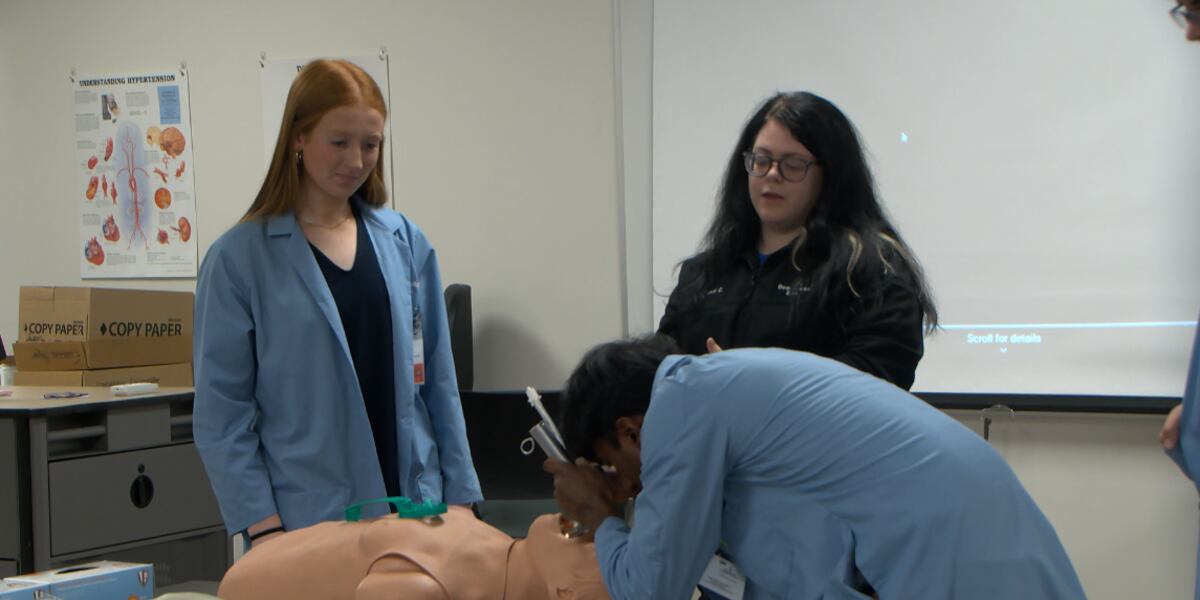Give the Gift of Life: Debunking Blood Donation Myths & Boosting Your Health (Australia)

World Blood Donor Day is a vital reminder of the life-saving impact of voluntary blood donation. But misconceptions and anxieties often prevent people from rolling up their sleeves. Let's bust some common myths and explore the surprising health benefits of donating blood, especially here in Australia.
Why is Blood Donation So Important in Australia?
Our hospitals rely on a steady supply of donated blood to treat patients facing emergencies, undergoing surgery, battling chronic illnesses, or receiving cancer treatment. Unfortunately, Australia often faces blood supply shortages, making every donation incredibly valuable. The Australian Red Cross Blood Service works tirelessly to ensure a safe and sufficient supply, but they need you to help.
Myth Busting: Common Concerns About Blood Donation
Let's tackle some of the most prevalent myths that keep people from donating:
- Myth: Donating blood is painful. Reality: Most people experience only a brief pinch when the needle goes in. The process is generally very comfortable, and trained staff are skilled at minimizing discomfort.
- Myth: It takes hours to donate blood. Reality: The entire process, from registration to refreshments, usually takes around an hour. The actual donation itself only takes about 10-12 minutes.
- Myth: I'm too old to donate. Reality: While there are age restrictions (generally 18-65, but some exceptions apply), many people can donate well into their later years. Eligibility is assessed based on overall health, not just age.
- Myth: I can't donate if I have a medical condition. Reality: Many medical conditions don't prevent you from donating. However, it's crucial to be honest about your health history during the eligibility screening. The Red Cross Blood Service will assess your individual situation.
The Surprising Health Benefits of Donating Blood
Beyond the incredible act of saving a life, donating blood can offer some surprising health benefits for the donor:
- Reduced Risk of Cardiovascular Disease: Blood contains iron. In some individuals, excess iron can accumulate and potentially contribute to cardiovascular problems. Donating blood helps regulate iron levels, potentially lowering this risk.
- Potential Cancer Detection: The blood donation screening process includes routine checks for certain conditions, including some early indicators of cancer. While not a cancer screening in itself, it can sometimes identify potential issues that warrant further investigation.
- Stimulates Blood Cell Production: After donating, your body works to replenish the lost blood cells, stimulating the production of new, healthy cells.
- Feel-Good Factor: Knowing you’ve made a life-saving difference is a powerful and rewarding feeling!
Are You Eligible to Donate in Australia?
To be eligible to donate blood in Australia, you generally need to:
- Be between 18 and 65 years of age.
- Weigh at least 50 kilograms.
- Have a haemoglobin level within the acceptable range.
- Be in good general health.
A thorough health assessment will be conducted before each donation to ensure your safety and the safety of the recipient.
Find a Donation Centre Near You
Ready to give the gift of life? Visit the Australian Red Cross Blood Service website to find a donation centre near you and book an appointment. Your donation could be the difference between life and death for someone in need.






:max_bytes(150000):strip_icc()/Eat-the-Right-Carbs-for-30-Years-FT-BLOG0625-162f1fe1b20c4b36814ae8127a740193.jpg)